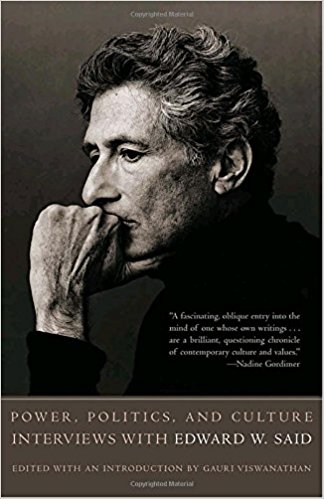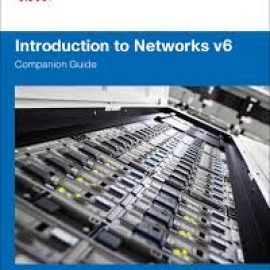Description
This post is also available in:
![]() العربية (Arabic)
العربية (Arabic)
Power, Politics, and Culture
The book has been translated by Dar AlADAB
Edward Said has long been considered one of the world’s most compelling public intellectuals, taking on a remarkable array of topics with his many publications.
But no single book has encompassed the vast scope of his stimulating erudition quite like Power, Politics, and Culture, a collection of interviews from the last three decades.
In these twenty-eight interviews, Said addresses everything from Palestine to Pavarotti, from his nomadic upbringing under colonial rule to his politically active and often controversial adulthood, and reflects on Austen, Beckett, Conrad, Naipaul, Mahfouz, and Rushdie, as well as on fellow critics Bloom, Derrida, and Foucault.
The passion Said feels for literature, music, history, and politics is powerfully conveyed in this indispensable complement to his prolific life’s work.
From Publishers Weekly
This post is also available in:
![]() العربية (Arabic)
العربية (Arabic)

 العربية
العربية  English
English 



